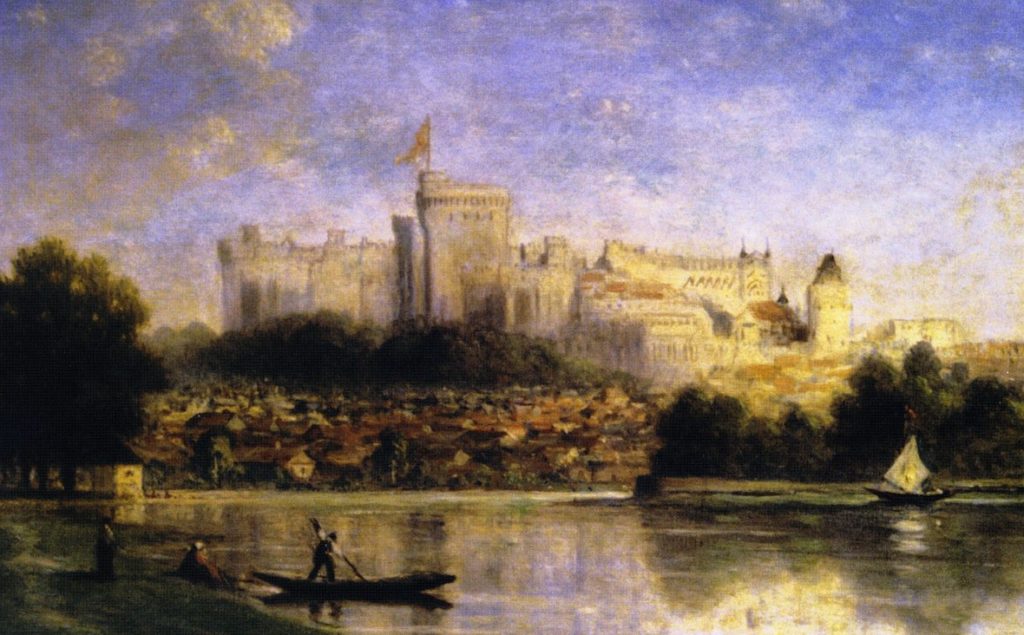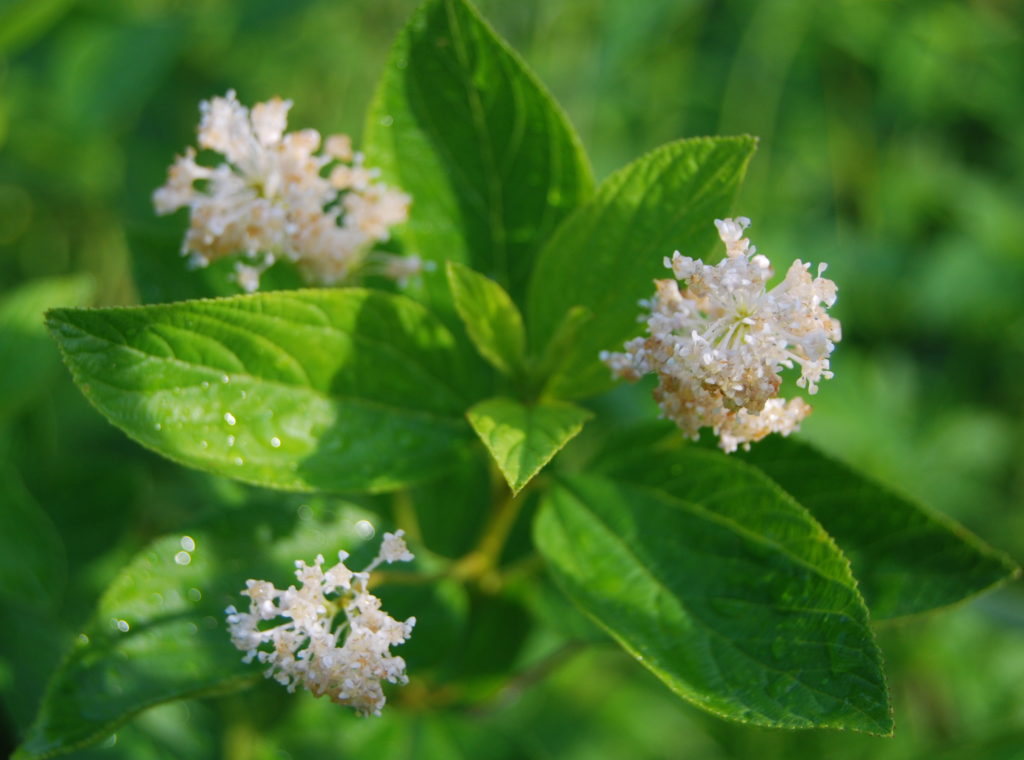There once was a king and a queen who ruled a small kingdom in a beautiful country.
They took great pleasure in their castle and in the art they had made which filled the castle’s rooms. They delighted in the gardens they had planted and the large trees around which they had built the castle. The ravens they had rescued from a nearby mountain when the ravens were young were now tame and flew about the castle and its grounds.
The king took special pride in his master servants. He had chosen them from many walks of life, and he trained them carefully to manage the activities of the castle and the kingdom. He patiently educated them, taught them, and encouraged their creativity.
“I cherish all that I have, my dear servants, but you are my greatest joy,” he told them.
One day he gathered his servants together. He told them that he and the queen needed to leave them for some time. While he was gone, they were to be in charge of his castle.
“I trust you to rule as you have seen us rule,” he told them.
Several years later, when the servants had begun to doubt whether the king and queen would ever return, they were awakened on a bright cold blue morning by trumpets and soldiers they recognized to be of the king and queen’s personal guard.
“You are to appear immediately at the front gate,” the soldiers said.
The servants hurried to an assembly of nobles and guards surrounding the king and queen who sat on thrones the servants had not seem before. The servants noticed the king and queen did not seem to have aged and in some ways looked even more vigourous and wise than ever. The servants also noticed that the muscles of the king’s jaw were tight and his expression stern. Tears ran down the cheeks of the queen.
“What have you done while we were gone?” the king demanded.
“We have built new mansions for ourselves,” they said, “and created new tools that make our lives easier and new toys that give us pleasure.”
“And what about our castle?”
The servants looked around and saw what they had done. To make their own mansions and machines, they had neglected the castle. In fact, they had dismantled much of it and used the salvaged materials for their own mansions. What remained of it was turning to rubble. The trees of the grounds had been felled for lumber. The gardens uprooted. The servants had sold off the art they could get good prices for and used other pieces of art for sport. At least one piece, they had noticed, had gone missing early on.
The servants were silent in shame and fear.
Except for one.
He met the lord’s gaze directly as he spoke.
“We knew you would come again, great king, and make everything new. So we used the power you gave us for our pleasure. We are, you said, what you are most proud of. You can fix all this, can you not?”
The king did not acknowledge this statement but asked the assertive servant, “And where are our ravens? I do not hear their cries. They did not come to us when we called for them.”
“They were very messy, very noisy, and had minds of their own,” the servant said. “Nor were they good to eat. Keeping them alive and happy was too much for us. We used our time and the resources we had for more important things. Instead, we have made mechanical pets that are much more orderly and much more useful. Would you like to see –“
“NO!”
The king roared in pain and fury. He ordered for his soldiers to take the servants to the borders of the kingdom and to never let the servants return.
The servants, with the exception of the proud and assertive one, were shocked and dismayed. They pleaded with the king to be allowed to stay. They promised to do better. They promised to fix everything.
The king said, “The castle was ours and yet you destroyed it for your own satisfaction. The art was ours, and it is no more. We treasured the beauty of the garden and the food that was harvested from it. The ravens were birds we took great pleasure in, and they will not give us company again. It is clear that your hearts have not not been shaped by what I taught you and showed you. You will never be happy with me nor will I be happy with you. What is best for you and the queen and I is for you to be gone forever.”
The assertive servant stepped forward with his head held high and did not bow. He looked his king in the eye
“My king,” he started, and it seemed to some that he put particular emphasis on the first of those two words. “You gave us your kingdom and told us we were your greatest pride and joy. You chose us and gave us power. You created. We have created. You cannot do this to us. If what we did was wrong, it was your fault.”
The king’s eyes narrowed. He stood, and the fearful power in him seemed to fill the air.
“Your words and your actions have shown who you really are,” said the king. “You knew in your heart the pleasure we took in everything in the castle. It was ours. You were our servants. Yet you diminished and destroyed it. Did you not see that we took pleasure in seeing the castle, the people, and the kingdom prosper? Did you not see how we ruled?”
“And you are the worst of all,” the king said to the assertive servant. “With intelligence enslaved by your twisted heart, you have twisted my words and my intentions. A child would know in an instant that what you have done is wrong.”
The king commanded that the assertive servant be led off in chains to the prison.
At that moment a large black bird suddenly flew toward the thrones and came to perch on the queen’s shoulder.
“Night!” the queen exclaimed in surprise and delight.
“Where did our raven come from?” demanded the king.
A guard pointed to a poor man standing on the outer circle of the assembly next to a battered cart.
“Come forward,” the king commanded.
The poor man came into the king’s presence and knelt deeply before him. He brought the large cart with him.
“Where did you get my raven?”
“Your highness, I heard what your servants were doing so I snuck into the castle to try to save your ravens. I was only able to save this one. He was nearly dead. I am sorry I could not save more. But I did save one other thing.”
He pulled away old blankets and hides that covered something large in his cart. It was their favorite piece of art. It was a painting they had made that depicted their kingdom and all of its life and its beautiful country.
The king and queen arose quickly from their thrones and went to examine the painting and talked excitedly again of the days when they had painted it together and of their favorite parts of their kingdom. They laughed and tears again ran down the queen’s cheeks.
“How were you able to save this?” asked the king.
“My friends and I snuck in again one night, and when I heard of your art being sold. I knew that this was your favorite. After that I was unable to save more. Please forgive me, my lord. Your…your castle had been so beautiful.”
It was the poor man’s turn to shed tears.
To the great surprise of the assembly, the king and queen embraced the poor man.
When the king and queen could finally speak, the queen asked, “How can we thank you? What can we give you? You have done so much for us.”
“Let me have a simple room with simple meals. Let me help rebuild your castle and the country of your kingdom. I do not know very much. I am no longer as strong as I once was. But I love your goodness and what you have done for us. Nothing would gladden my heart more than to see your castle restored.”
“That is all?” the queen asked.
The poor man hesitated and then spoke, “Your highness, if my friends could sometimes join me for good food and tasty ale, my heart might have a bit more gladness.”
The king, the queen, and the assembly laughed.
“Your wish is granted.”
The king, the queen, and the poor man spent many good years together restoring the castle and its grounds. New art was made. Young trees were planted to take the place of those that had been felled. In time, the restored garden again produced fruit, herbs, and vegetables. The poor man and his friends and family lived in one of the mansions built by the servants.
Of the king and the queen and the poor man It was hard to tell who was happier. It was hard to tell, too, what gave all of them the most pleasure – renewing the castle and the country or being together while doing so.






